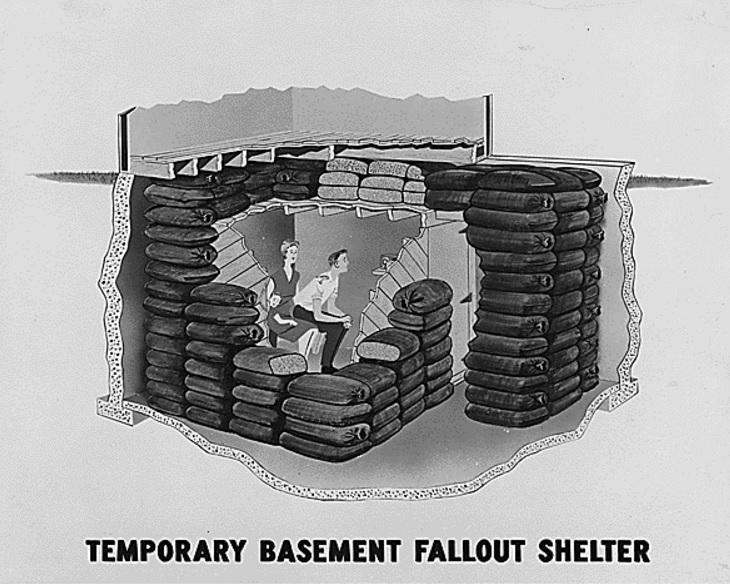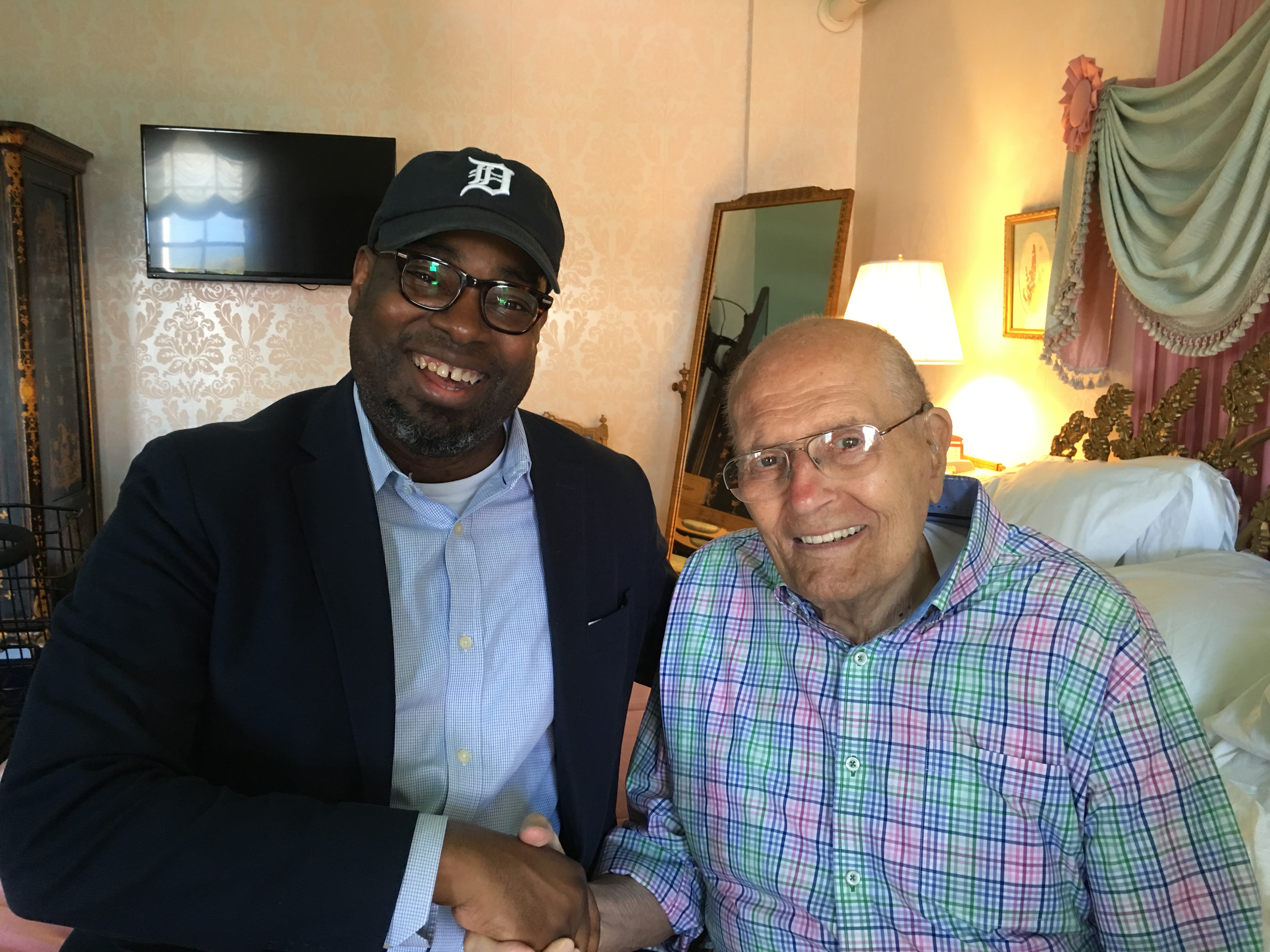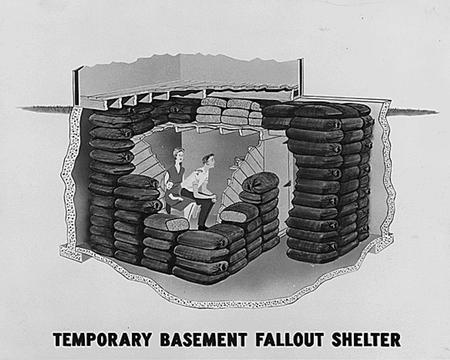Does Growing Up In Cold War Change View of Current Events?
“I would automatically turn on my little transistor radio… to find out if the third world war had started.”


The United States’ relationship with Russia is suddenly top-of-mind again for many Americans. That’s after a presidential election that raised serious questions about Russia’s efforts to influence our political system.
Donald Trump, his campaign, and his administration have been accused of serious conflicts of interest involving Russia and Vladimir Putin’s government.
With those accusations also come comparisons to the Cold War, when the United States and the USSR had nuclear missiles aimed at one another and looked Mutually Assured Destruction in the face. For everyday Americans, it was a situation that affected everyone’s lives in one way or another.
How did living through the Cold War affect Americans’ psyche and views of Russia and how does it affect the way older Americans’ view current events and foreign affairs?
“The Russians want to rule the world,” says former Congressman John Dingell, who began serving in Congress in 1955 and served in the Army during World War II. “And Putin is showing that his purposes and goals are no different than the goals and the purposes of the czars.”
Detroit Today Producer Jake Neher also recently spoke with retired Wayne State University history professor Mel Small about his experience during the Cold War and how that affects his worldview today.
“I remember, as a kid, lying in my bed in the summer with the window open… and the fire alarms would go off,” says Small. “I would automatically turn on my little transistor radio… to find out if the third world war had started.”
Small says a major difference between current controversies surrounding Russia and Cold War-era fears lies in ideology. He says — although it would be “an awful thing” if Russia colluded to help elect Donald Trump as president — there is no current fear that Russia poses an ideological threat the U.S. Because of that, he says its easy for him and other older Americans to separate current events involving Russia with the events of the Cold War.
Click on the audio player above to hear the full conversation.

